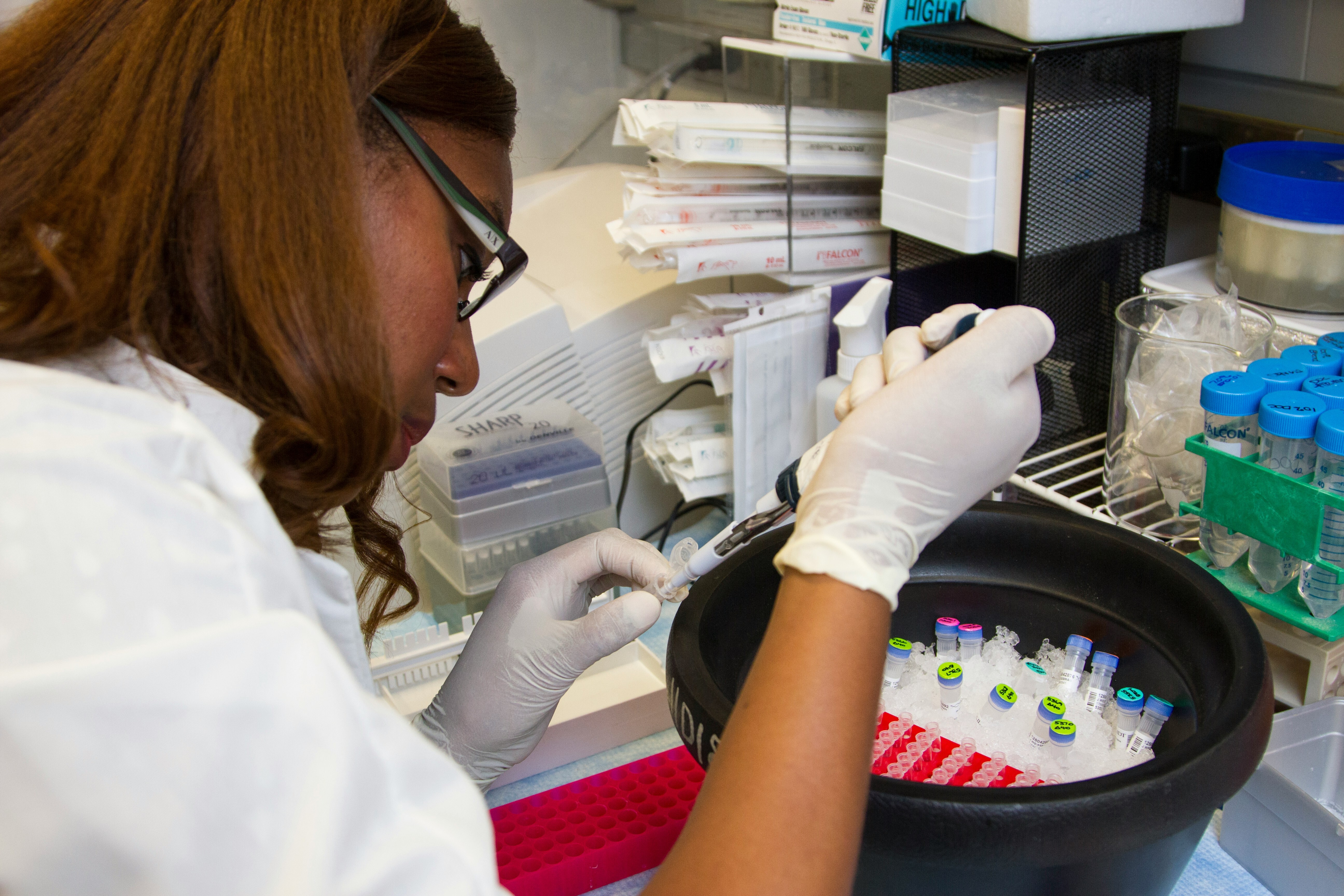Laboratory Testing and Chemical Use in the Biotechnology Industry
The biotechnology industry sits at the intersection of biology and technology, revolutionizing fields like medicine, agriculture, environmental science, and industrial processing. Behind these innovations are complex laboratory procedures that rely on specialized chemicals and reagents. From gene editing to drug development, high-purity chemicals enable precise testing, accurate results, and safe applications.
This article explores the most common laboratory tests performed in biotech and the chemicals used to power innovation in this fast-growing field.
Key Laboratory Applications in Biotechnology
1. DNA/RNA Extraction and Analysis
Genetic research is a cornerstone of biotech. DNA and RNA extraction are fundamental processes used in gene sequencing, diagnostics, and cloning.
Common Techniques:
-
PCR (Polymerase Chain Reaction)
-
Gel electrophoresis
-
qPCR and RT-PCR
-
Nucleic acid purification
Common Chemicals Used:
-
Phenol-chloroform (for DNA/RNA extraction)
-
Isopropanol and ethanol (for nucleic acid precipitation)
-
Tris buffer (pH stabilization)
-
Sodium dodecyl sulfate (SDS) (cell lysis)
-
EDTA (inhibits nucleases)
2. Protein Expression and Purification
Biotech labs express and isolate proteins for research, drug development, and enzyme studies. This process involves disrupting cells, purifying proteins, and analyzing their structure and function.
Common Techniques:
-
Western blotting
-
Chromatography (affinity, ion-exchange)
-
SDS-PAGE (polyacrylamide gel electrophoresis)
-
ELISA
Chemicals Used:
-
Lysis buffers (containing detergents like Triton X-100)
-
Imidazole (for affinity purification)
-
Ammonium sulfate (for protein precipitation)
-
Coomassie Brilliant Blue (protein staining)
-
Beta-mercaptoethanol (reducing agent)
3. Cell Culture and Media Preparation
Growing living cells under controlled conditions is essential in biotech. Whether cultivating bacteria, yeast, or mammalian cells, researchers use chemically defined media and growth factors.
Common Practices:
-
Sterile technique
-
Media supplementation
-
pH and temperature control
Chemicals Used:
-
Agar and agarose (growth medium base)
-
L-glutamine (amino acid supplement)
-
Fetal bovine serum (FBS)
-
Penicillin-streptomycin (antibiotics)
-
Trypsin (for cell detachment)
4. Bioprocessing and Fermentation
Scaling up lab research to produce enzymes, hormones, vaccines, and biologics involves fermentation and bioprocessing. These systems require tight chemical control and monitoring.
Common Techniques:
-
Batch and continuous fermentation
-
Bioreactor monitoring (pH, oxygen, temperature)
-
Downstream processing
Chemicals Used:
-
Yeast extract and peptone (nutrient sources)
-
Antifoaming agents
-
pH buffers (e.g., HEPES, phosphate buffer)
-
Glucose, lactose (carbon sources)
-
Silicone oil (for antifoaming)
5. CRISPR and Gene Editing
CRISPR technology allows researchers to precisely modify DNA sequences. This cutting-edge method has transformed genetic engineering and therapy development.
Common Reagents:
-
Guide RNAs
-
Cas9 protein
-
Plasmid vectors
-
Calcium phosphate (transfection)
-
Lipofectamine and other transfection agents
6. Microbial and Viral Testing
Biotech companies working with live microorganisms or viral vectors must test for contamination, replication efficiency, and biosafety.
Tests Include:
-
Contamination testing (e.g., mycoplasma, endotoxins)
-
Viral titration
-
Bacterial growth analysis
Chemicals Used:
-
LB broth and M9 media
-
Crystal violet for cell staining
-
Sodium hypochlorite for disinfection
-
Tetracycline or ampicillin (antibiotics)
The Importance of Chemical Purity in Biotech
Biotech experiments require chemicals of the highest purity, often molecular biology grade, nuclease-free, or certified under Good Manufacturing Practice (GMP). Even trace contaminants can alter results, damage samples, or cause costly delays.
Your lab chemical supplier should provide:
-
Certificates of Analysis (CoA)
-
Safety Data Sheets (SDS)
-
Reagents tested for endotoxins, DNase/RNase, and microbial contamination
? Supplying California’s Biotech Labs
At 949 Chemical, we provide premium-grade chemicals tailored for biotech laboratories across San Diego, Orange County, Los Angeles, and Santa Barbara. Whether you're performing cell culture, protein purification, or gene editing, our chemicals are trusted by:
-
Biotech startups and research labs
-
Pharmaceutical manufacturers
-
Academic institutions
-
Diagnostic test developers
Conclusion
From gene editing and vaccine development to fermentation and cell culture, biotechnology laboratories rely on precise testing and ultra-pure chemicals to fuel scientific breakthroughs. With high-quality reagents and dependable supply chains, your biotech lab can maintain accuracy, safety, and efficiency at every step.
Looking for a reliable chemical supplier for your biotech lab? 949 Chemical delivers the quality and expertise you need to support your most demanding projects.

